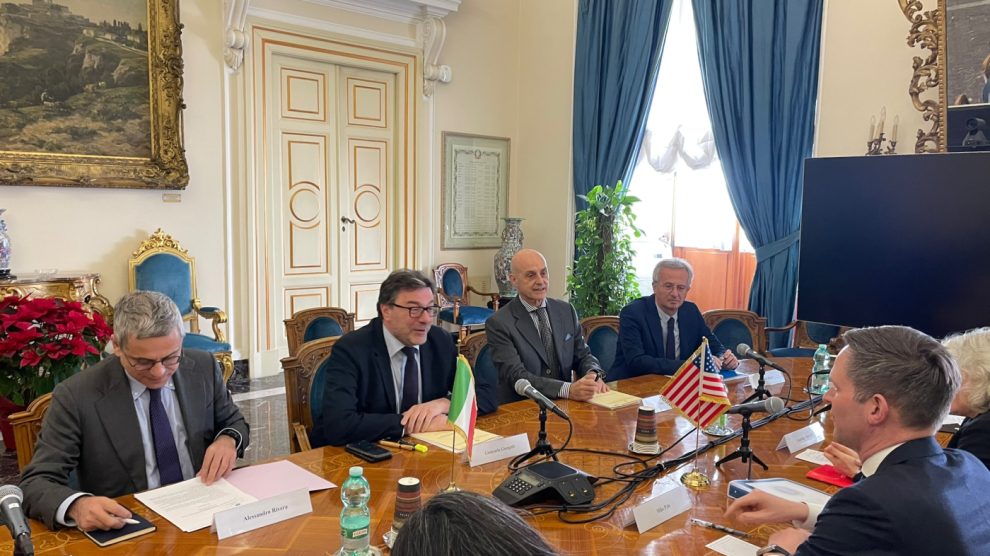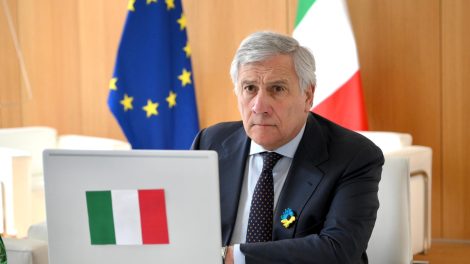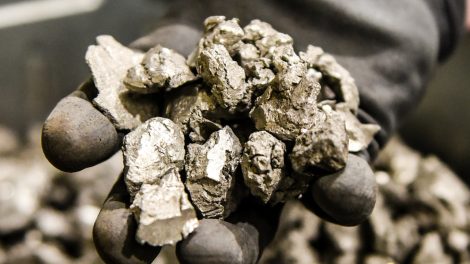Rome and Washington talk (green) business. Italian Economy Minister Giancarlo Giorgetti met on Wednesday with Mike Pyle, United States Deputy National Security Advisor and President Joe Biden’s G7/G20 Sherpa, who is on a European tour that has already touched Paris and Berlin.
- Talks centred on the economic consequences of the war in Ukraine, the impact of the US’ Inflation Reduction Act on European industry and the priorities of the Japanese G7 presidency, reported Mr Giorgetti, who noted the meeting “strengthened friendship between [them].”
The EU’s green subsidies woes. Rome is trying to work with Washington to keep the Transatlantic relations strong, as Europe frets over the Inflation Reduction Act – a US package worth $370 of protectionist subsidies. Member States are discussing how to best protect their industrial base from unbalanced competition, amid energy prices five to six times higher than the US’.
- Seeking to protect the Old Continent’s companies, Brussels is pushing Washington to carve out exceptions for them. But although President Biden promised to tweak the IRA – and its administration signalled it would adopt looser legal interpretations to allay some of the EU’s concerns – European countries are still worried.
- On Tuesday, Belgian Prime Minister Alexander de Croo accused the US of “aggressively” poaching European companies to lure them across the pond.
- On Wednesday, Germany (traditionally allergic to wanton State aid) became the latest country to signal its support for a parallel subsidy fund centred on European cleantech, such as electric cars and renewable power equipment.
Keyword: coordination. The EU and the US have been working to address IRA-related woes through a joint task force. When it was set up, back in late October, both sides agreed on “the importance of close coordination and supporting sustainable and resilient supply chains across the Atlantic, including to build the clean energy economy.”
- In November, US Trade representative Katherine Tai had urged the EU to replicate the US’ efforts and introduce its own strategic subsidies to complement Washington’s strategy – fending off unfair competition from the likes of China, whose industries have long been heavily subsidised.
Italy’s line. Minister Giorgetti is roughly of the same mind. On the sidelines of the Eurogroup meeting in December, he said he was in favour of an IRA-like European plan – geared at fostering competitiveness and protecting strategic production – but warned that “any intervention must be taken at the European level, preserving the integrity of the single market in a spirit of loyal cooperation” and stressed the importance of ensuring a level playing field, both vis-a-vis the US and within the EU.
Germany and France are also eyeing increased coordination with the US. French Finance Minister Bruno Le Maire – who shares Minister Giorgetti’s views – recently announced a trip to Washington with his German counterpart Robert Habeck to demand that the Biden administration “take greater account of European interests” in implementing the IRA.
- Hildegard Müller, president of the German Automobile Industry Association, called on Brussels and Berlin on Wednesday to ensure that policies aimed at protecting the environment also safeguard the competitiveness of European industry.
- “The US has recognised what they have to do for their country; Germany and Europe must do the same,” he added, labelling the IRA a “wake-up call” for European authorities – while noting it’s a “protectionist and discriminatory regulatory approach at odds with the free market.”
Next stop: EU decisions. European-level talks are scheduled for February 9-10, and they’re likely to centre on the tentatively called “Buy European Act” or “Clean Tech Act”. The names were floated by Thierry Breton, European Commissioner for the Internal Market and a staunch supporter of supporting the EU’s industry.
- Mr Breton has been making the rounds in European capitals to whip up support for a European strategy to boost “clean” technologies, adapt the rules on State aid to companies, strengthen the so-called Important Projects of Common European Interest (IPCEI) and seek funding.
- “It is necessary to combine new measures at the national level with new common instruments based on joint financing,” he said.





